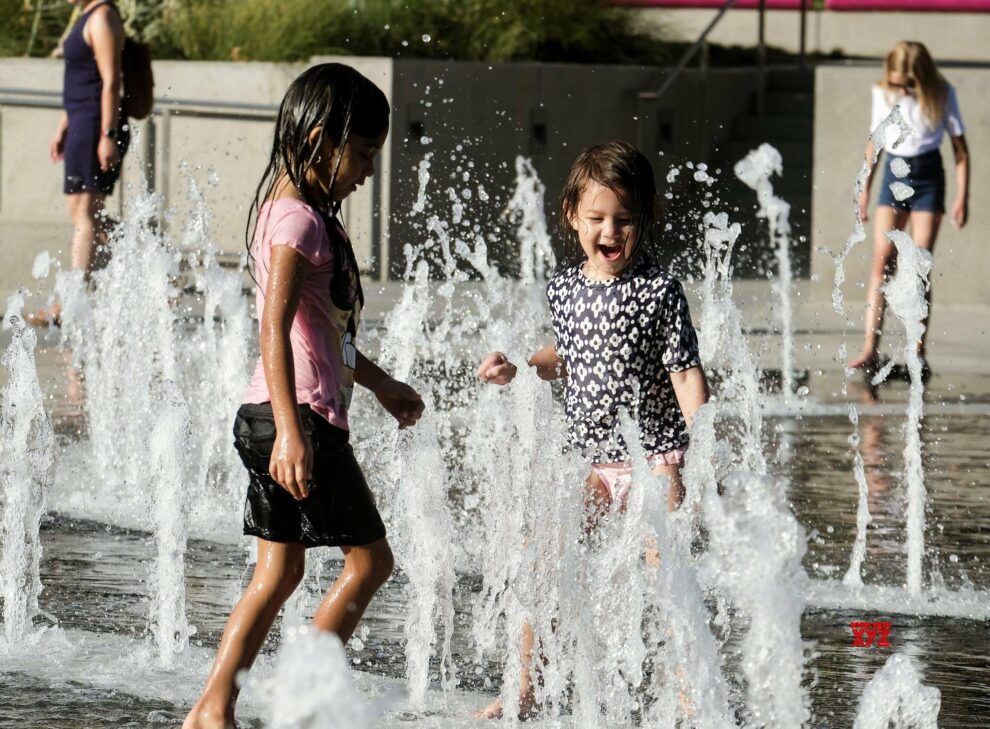A dangerous heat wave is hitting the eastern United States, with several cities breaking records for the all-time hottest Labor Day ever, including Minneapolis at 98 degrees Fahrenheit and Atlantic City, New Jersey, at 94 degrees, and the heat stretching from Minnesota to Texas to Massachusetts on Tuesday.
Temperatures could reach a scorching 99 degrees in Washington, D.C.; 91 degrees in New York City; 97 in Raleigh, North Carolina; 93 in Minneapolis; 91 in Chicago; 100 in Oklahoma City; and 102 in Dallas and San Antonio, according to local reports. During this weeklong period, 48 major cities are forecast to have dangerous levels of heat on one or more days.
“The wave is expected to spread across from the East Coast to the Southern Plains and the southern region of the country throughout the week,” reported The Hill. “Cities such as Philadelphia, New York City and Chicago are expected to see temperatures between the lower and high 90s on Tuesday.”
“The heat will end over the next few days in the Midwest and the Great Lakes, but it’ll remain in the South and the Northeast. In New York City, temperatures could reach 90 degrees three days in a row, marking the first heat wave of the season for the city,” said ABC News on Tuesday.
“About 36.2 million people – 11 percent of the population of the contiguous United States – live in the areas expected to have dangerous levels of heat,” said The New York Times on Tuesday. In Pittsburgh, many schools have shifted to remote learning due to the heat. In Washington, D.C., the mayor has activated a heat emergency.
“Unlike previous heat waves this summer, humidity will be moderate rather than extreme. But it will still pose the risk of heat-related illnesses for those who don’t take precautions,” said The Washington Post. “Anyone outdoors … should still remember to keep hydrated and take plenty of breaks in the shade/air conditioning,” urged the National Weather Service.
Hundreds of people die from extreme heat in the United States every year. On hot days, the National Weather Service recommends that people drink fluids, stay in cooler rooms, keep out of the sun and check up on relatives and neighbors, especially older people and those who live alone.










